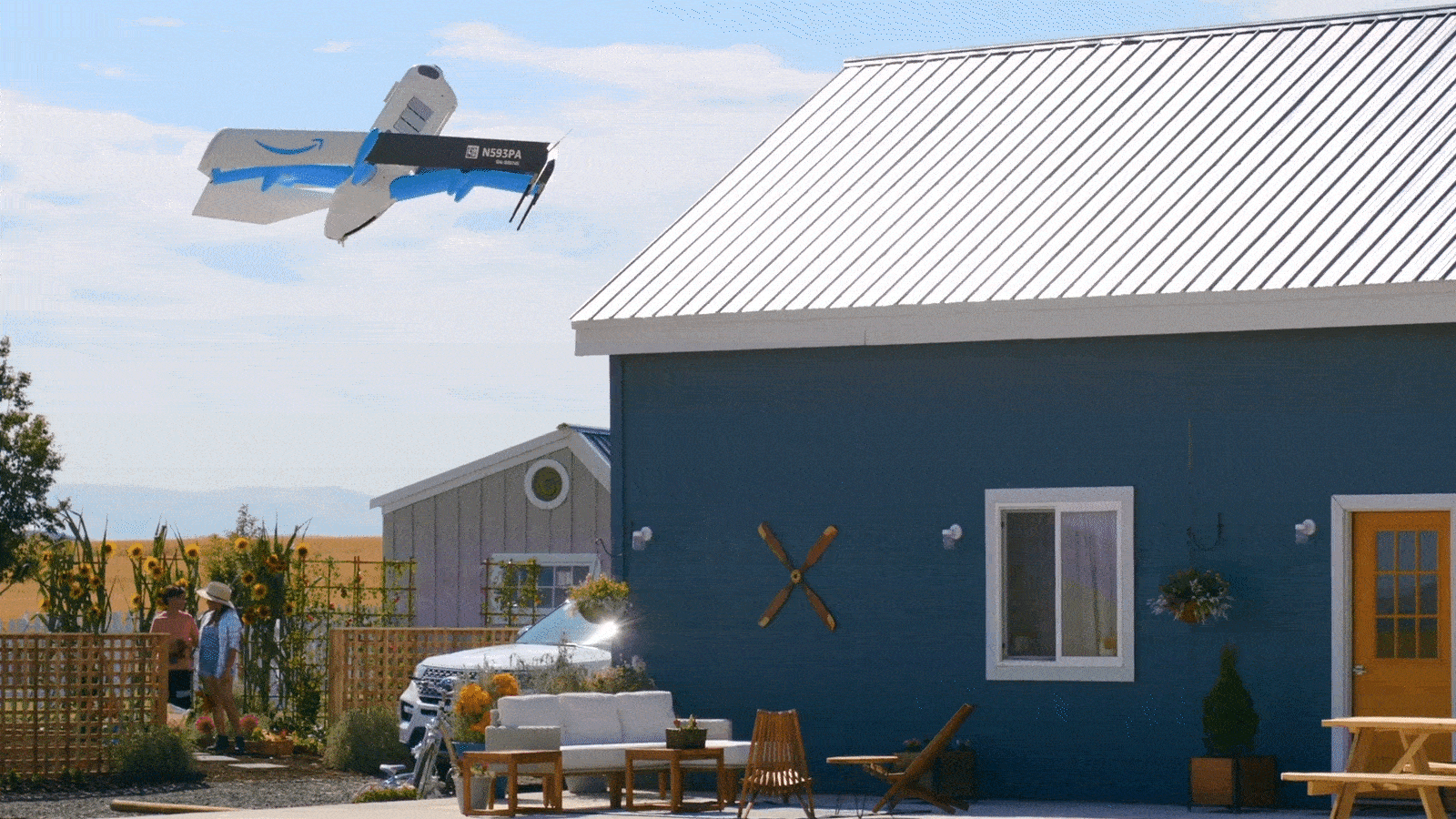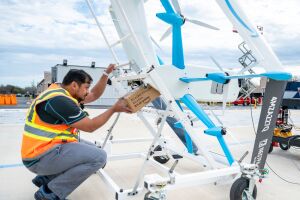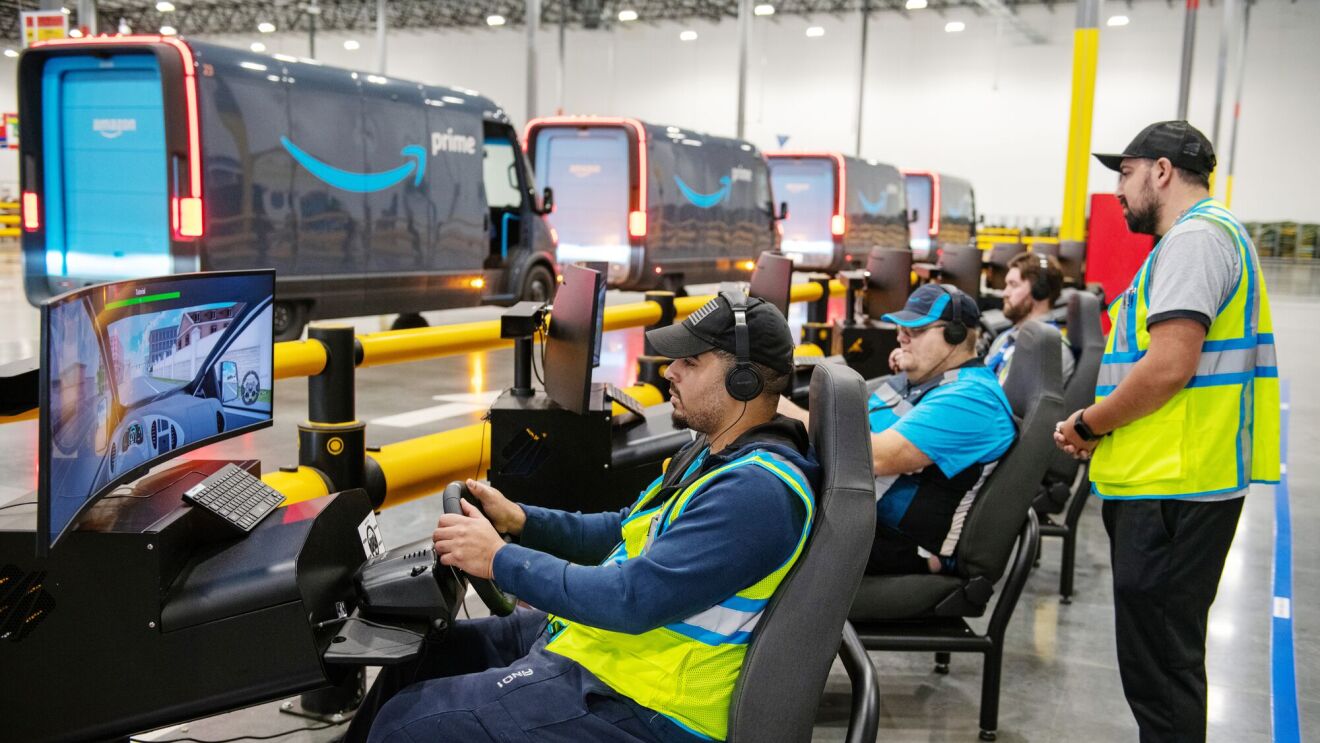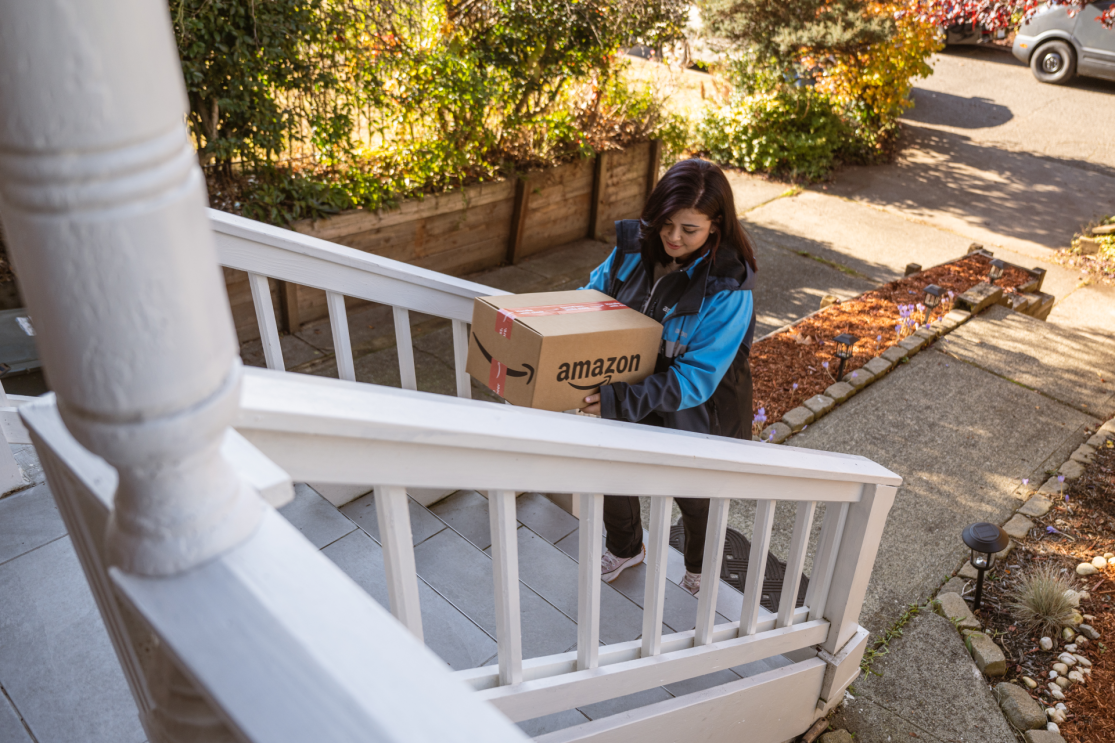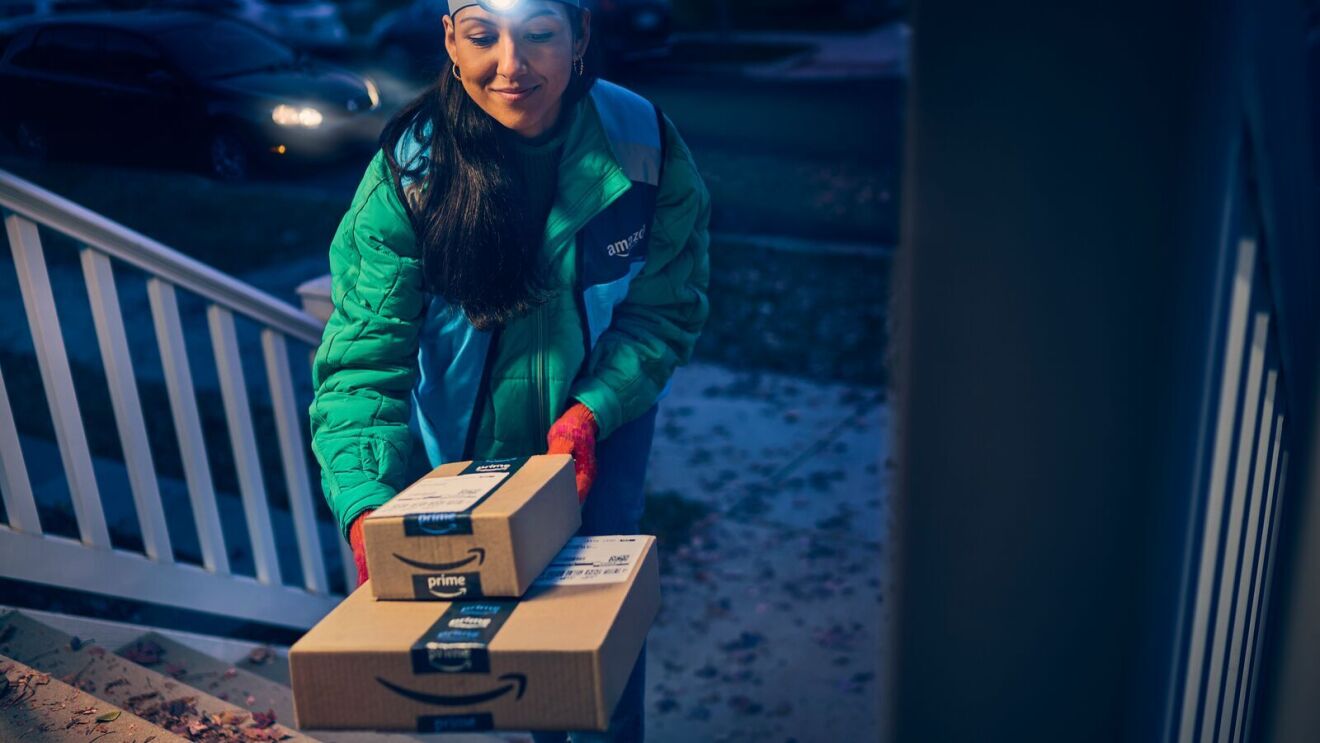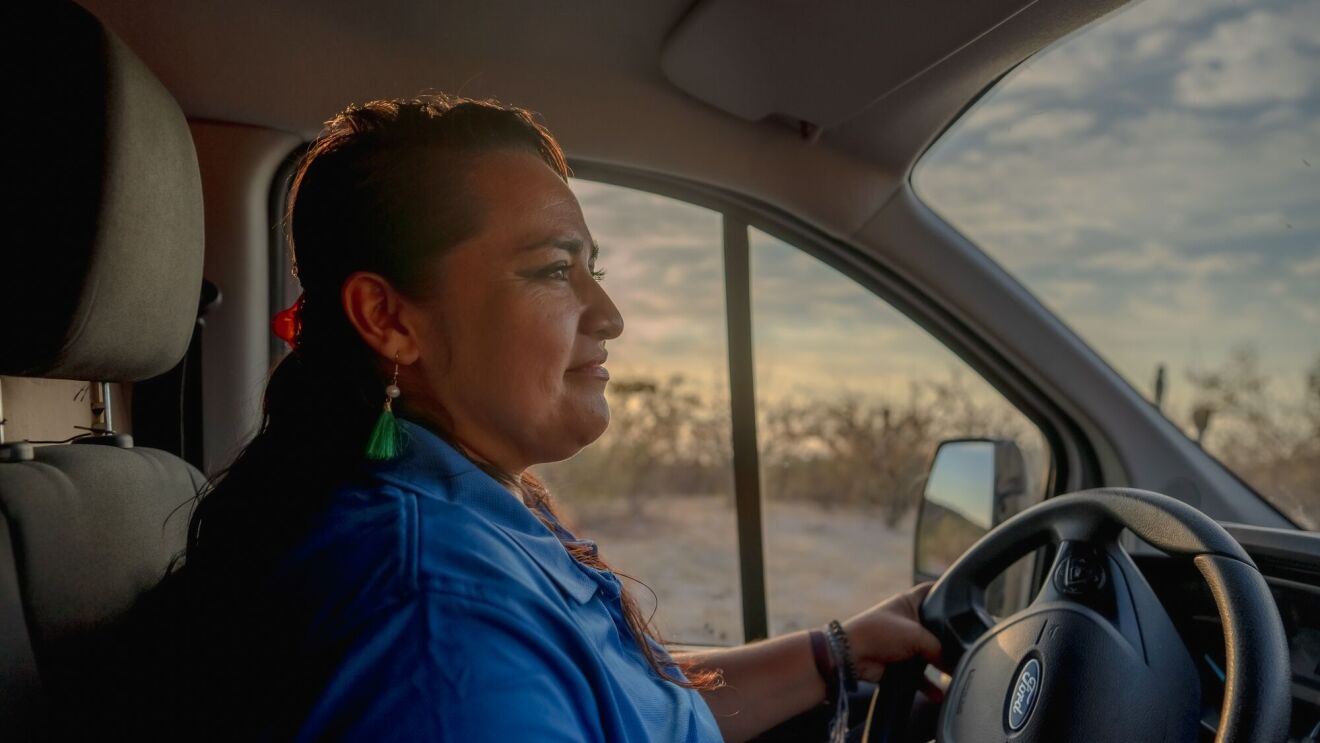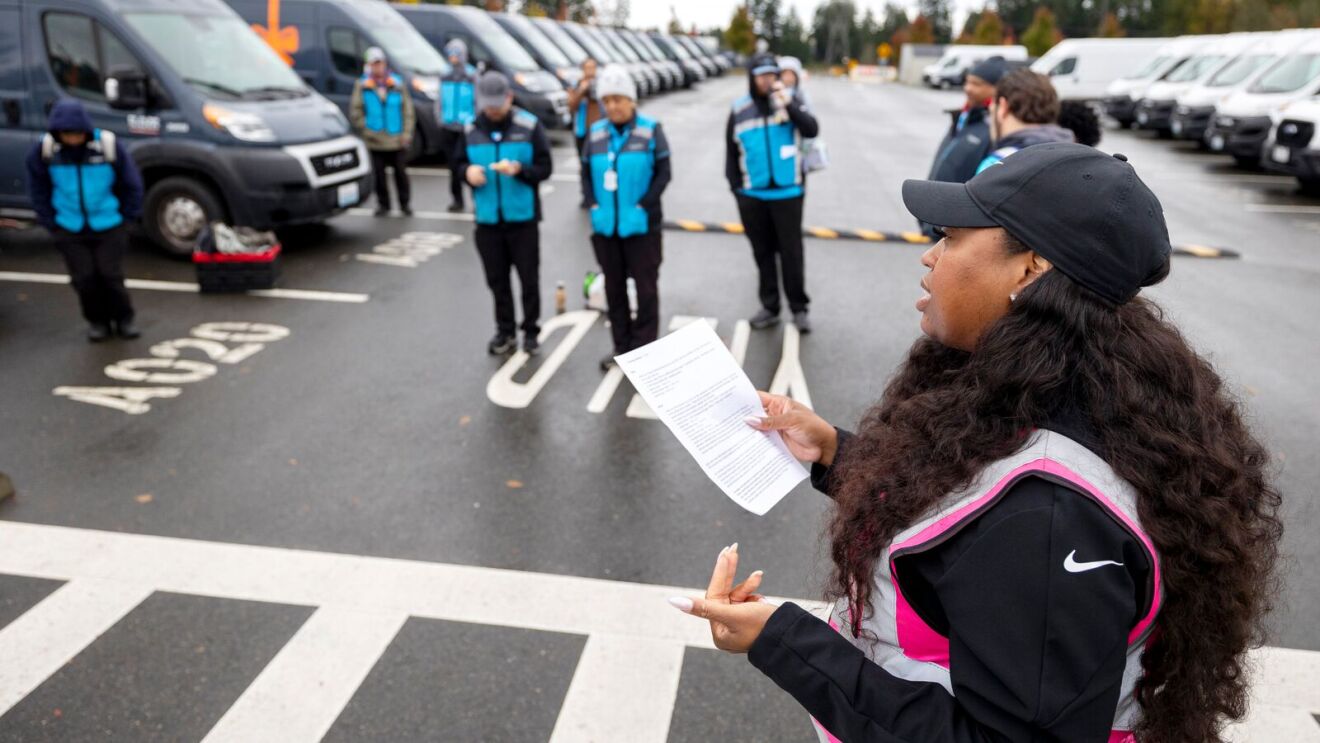The Federal Aviation Administration (FAA) requires that all commercial drone operators are able to maintain a line of sight to their drones until it approves a technology that can safely enable drones to fly beyond visual line of sight. Beyond Visual Line of Sight, known as BVLOS, is a term used in aviation to describe flying a drone where the remote pilot can't see it directly with their own eyes. Instead, a remote pilot would rely on instruments or technology to monitor and control the drone at all times.
When it comes to commercial drones, regulators around the world have been working on creating new rules and authorizing technologies that will allow more complex drone operations, like package delivery, to safely scale and operate beyond the line of sight of a remote pilot.
We’re excited to share that the FAA has given Prime Air additional permissions that allow us to operate our drones beyond visual line of sight, enabling us to now serve more customers via drone and effectively expand and scale our drone delivery operations. To obtain this permission, we developed a BVLOS strategy, including an onboard detect-and-avoid technology. We’ve spent years developing, testing, and refining our onboard detect-and-avoid system to ensure our drones can detect and avoid obstacles in the air.
We submitted crucial engineering information to the FAA, including our onboard detect-and-avoid capabilities. This included how our system was designed, how it is operated, how it is maintained, and ultimately how we validated that the system performs to specified requirements. We then conducted flight demonstrations in the presence of FAA inspectors to show our system works in real-world scenarios—we flew in the presence of real planes, helicopters, and a hot air balloon to demonstrate how the drone safely navigated away from each of them. We also provided extensive analysis and test data for our technology that further validated the safety of our system. After reviewing this information and observing the technology in action at our test site, the FAA provided Amazon Prime Air with BVLOS approval.
This new authorization and new permissions allow us expand our delivery area in College Station, Texas. It means more Amazon customers than ever before will be eligible to choose from thousands of items for drone delivery, including household essentials and beauty and drugstore products. Later this year, drone deliveries will begin integrating into Amazon’s delivery network, meaning drones will deploy from facilities next to our Same-Day Delivery sites, which will provide Amazon customers with faster delivery of an even greater selection of items.
Safety is our top priority
Deploying this onboard technology allows us to expand the reach and capabilities of our delivery services while maintaining our same stringent commitment to safety.
We received an Air Carrier Certificate from the FAA in 2020 that allowed Amazon to operate as an airline and deliver small packages via drone. With that certification and the newly granted permission to fly beyond the line of sight, we’re laying the foundation to scale drone delivery for customers.
Now that we’ve been granted these permissions by the FAA, we’ll immediately scale our operations in College Station with our current MK-27 drone to reach customers in more densely populated areas.
Our vision has remained unchanged since we started working on Prime Air: to create a safe and scalable way to deliver packages to customers in 30 minutes or less using highly autonomous drones. To achieve our goal of delivering 500 million packages, per year, by drone, by the end of this decade, we knew we had to design a system capable of serving highly populated areas and that was safer than driving to the store. It’s taken years of inventing, testing, and improving to develop these breakthrough technologies, and now, on the heels of regulatory approval and cutting-edge technology, we’re excited to launch this next chapter for Prime Air.
Learn more about Amazon drone deliveries:
Trending news and stories
- Amazon Pet Day 2025 is coming May 13-14 with 48 hours of deals on pet products and supplies
- LinkedIn names Amazon a top US company where people want to work for the eighth year in a row
- CEO Andy Jassy’s 2024 Letter to Shareholders
- AWS is first major cloud provider to deliver Mistral AI’s Pixtral Large as a fully managed, serverless model
